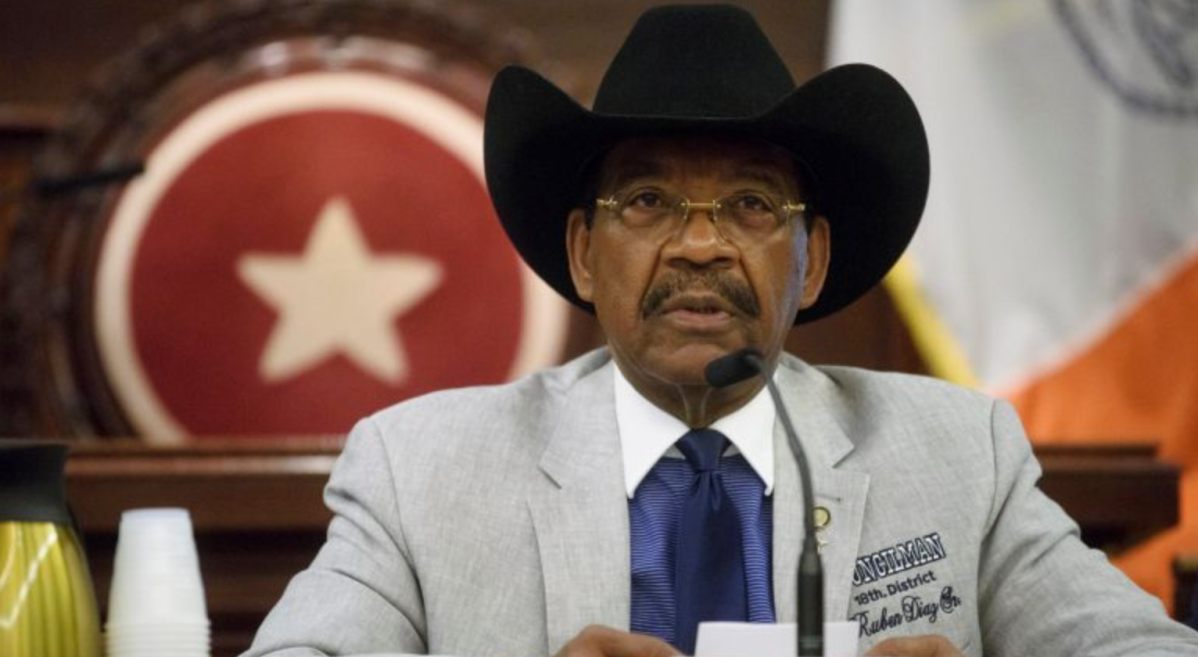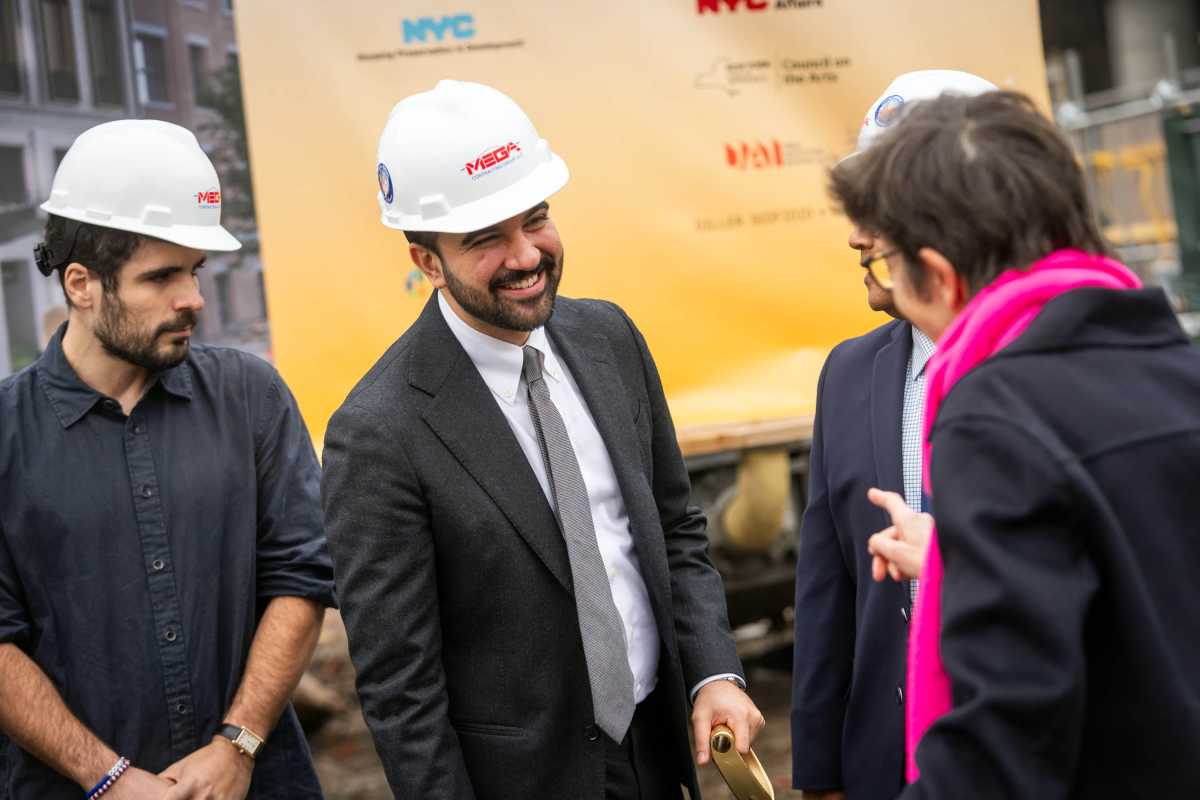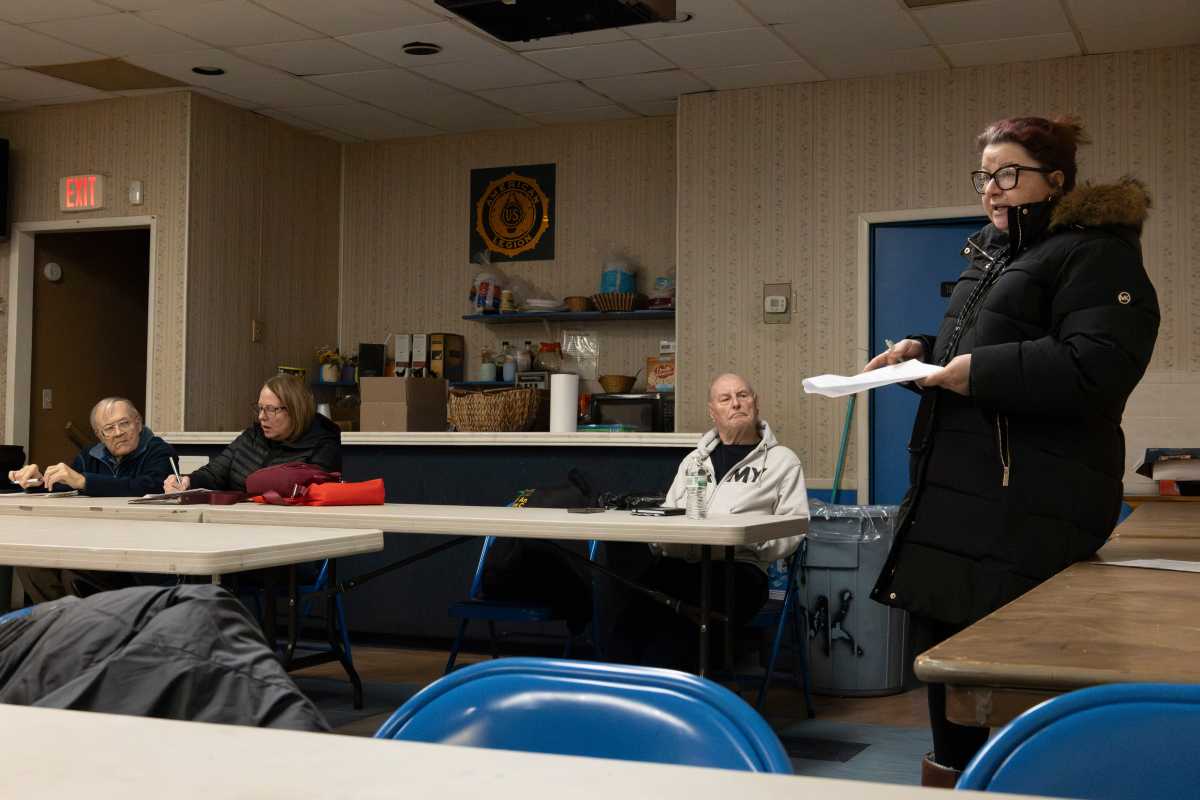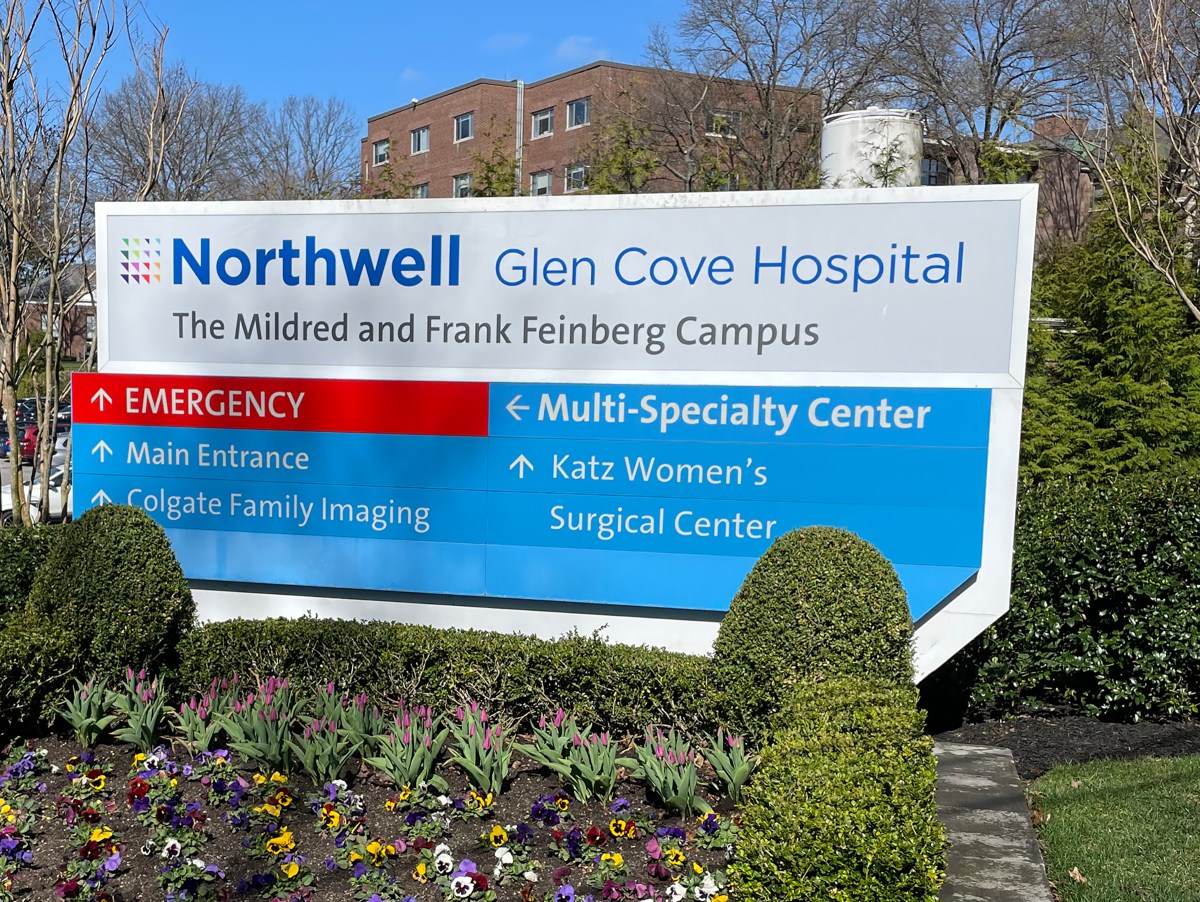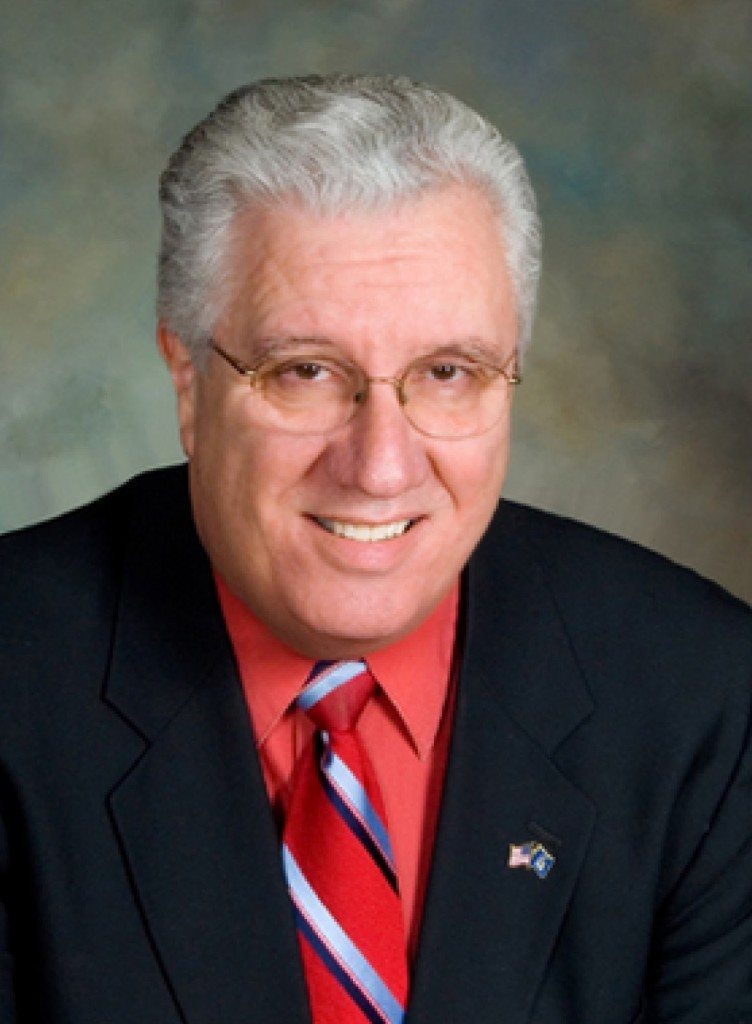Just a week ahead of the NYC Council’s vote on a historic voting bill for noncitizens, City Councilmember Ruben Diaz (D-Bronx) and Staten Island Borough President-elect Vito Fossella are warning the public of its potential dangers.
“You should know that if this City Council Intro 1867 passes, regardless of its actual legality, New York City, which is home to both the United Nations and Wall Street could easily be taken over by any group of noncitizens who live here for 30 days and vote for the leader of their choice,” said Diaz in a statement Nov. 29.
There are questions on the legality of the bill, which would allow about 800,000 existing residents to the city’s voter roll. Mayor Bill de Blasio was one of the earliest to question its legality. Other state legislatures are actively forbidding noncitizens from voting to counteract movements like these. On election day this year, three states passed amendments that specified only citizens above 18 and older can vote: Florida, Alabama and Colorado. Limiting rights at the ballot box creates a clearer line between U.S. citizens and resident noncitizens.
But in NYC, the bill known as Intro 1867 or Our City Our Vote is set to pass with a supermajority of sponsors. “Under the New York City Council proposal, 800,000 noncitizen voters with no comparable understanding of the history of this country and government could, with nothing more than 30 days of residency here, be allowed to pick a name at the ballot box with no understanding of what that office is,” Diaz continued.
It’s worth noting that Diaz regards himself as a fervent support of immigrants and noncitizens, whether they are green card holders or not. “I was the most outspoken Member of the New York State Senate on the DREAM Act, and my support for DACA is fervent,” he said. Fossella, who will be president of Staten Island starting in January, cannot say the same.
The former congressman, who President Donald Trump endorsed in the borough president race, said he wants to preserve the sanctity of the vote. Trump’s anti-immigrant rhetoric is in line with Fossella’s history of voting against increasing their rights. “Adding 800,000 new non-citizen voters to a system that has been made more complex by rank choice voting will increase concerns over fraud, undermining faith in the system while diluting the voice of our citizens in selecting their local leaders,” he said Nov. 28.
Going a step further than Diaz, who doesn’t think that Our City Our Vote will hold up in court, Fossella plans to sue the city over the bill.
Concerns for complications within the Board of Elections are straightforward—there will be more voters to confirm, and the new ones will have to use special ballots to prevent illegal voting in federal or state elections, since the law only covers city voting.
However, the legal aspect is simple, says one analyst from the New York Immigration Coalition. The organization, which supports Our City Our Vote, maintains that “neither the New York State Constitution nor New York State Election Law prevents New York City from deciding who should have a voice in making decisions about the future of our City,” said Anu Joshi.
Joshi is not a lawyer, but a social welfare and immigration expert who serves as the vice president of policy for the New York Immigration Coalition. She has an extensive history in policy and advocacy for immigrants at the city, state and federal level.
“The 2020 election showed us that expanding voter access increases participation. Voting expansions strengthen democracy, period. The more opportunities that exist to bring eligible voters into the system, the stronger our democracy will be,” she said.
Should city leaders file a lawsuit, Joshi says “the facts aren’t on their side, and they know it.”
Joshi maintains that citizenship should be more attainable and provides the utmost safety for immigrants. However, difficulties in the process hold immigrants back. “For those New Yorkers striving for citizenship, the current maze of regulations often provides no light at the end of the tunnel, because there’s often no line to get into for becoming a fully participating American.”
Until noncitizens can predict when they’ll be considered American by the law’s standards, they’ll have increased access to a representative government once the NYC Council approves Our City Our Vote on Dec. 9.


